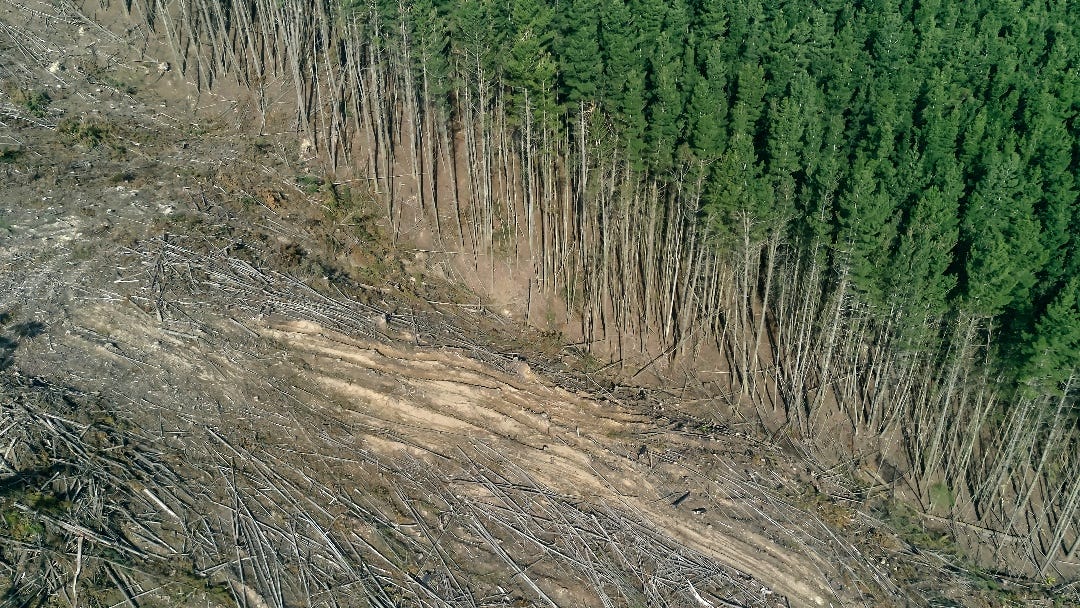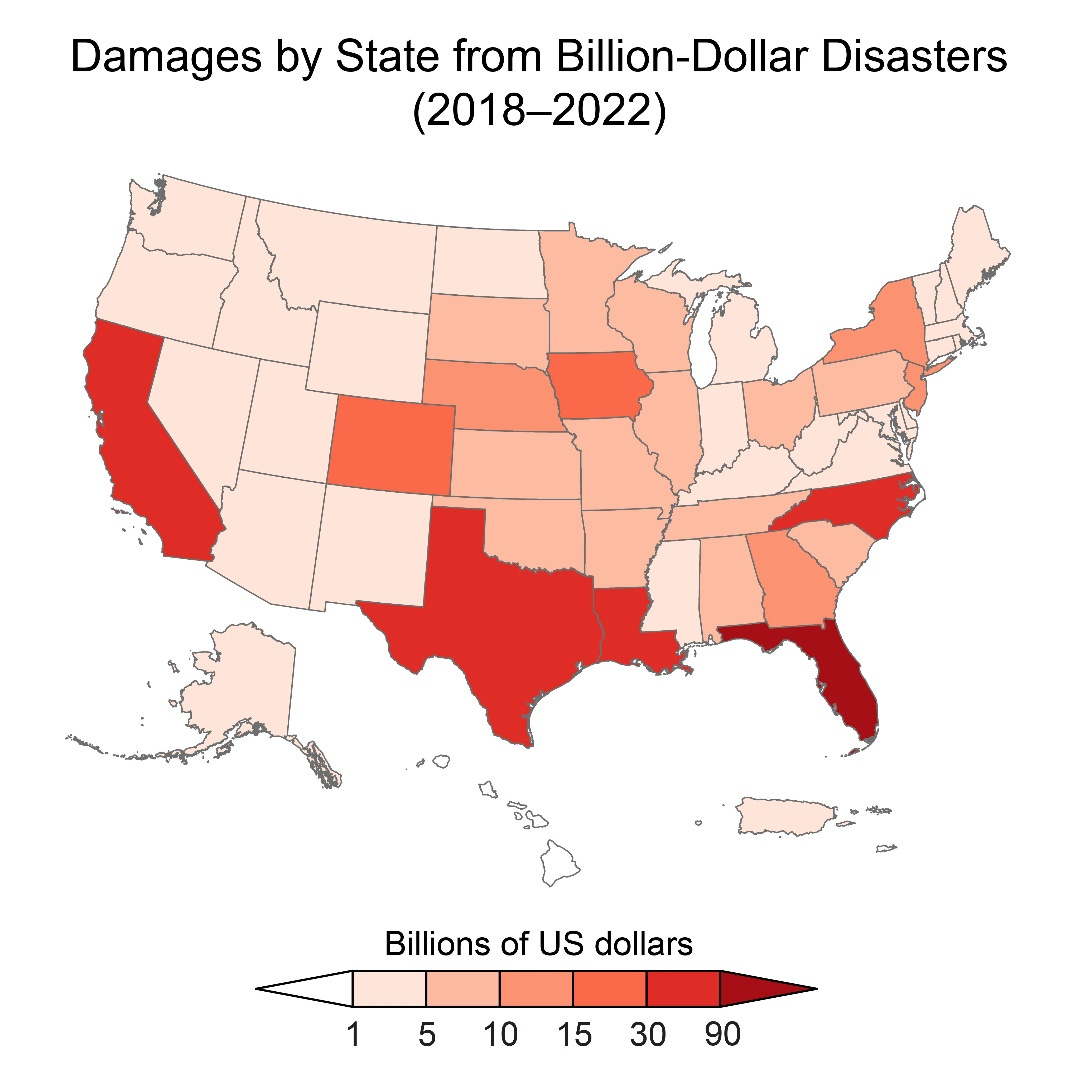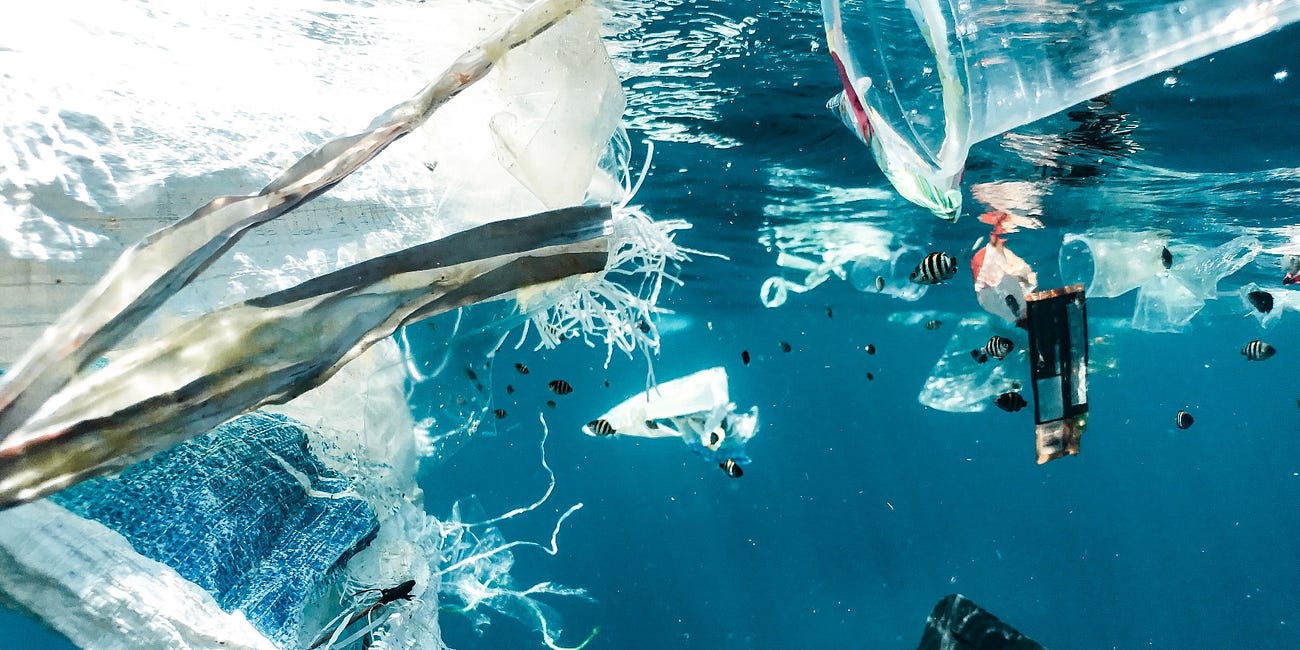
Like in any complicated process, from running a grocery store on the corner of your street to saving our planet from overheating, it is good to sometimes stop for a moment and take stock. That is what all countries have been working on for some time. The final phase of the first-ever stocktake is scheduled at the next global annual meeting on climate change, COP28, which starts in late November in Dubai.
This exercise will be repeated every five years; the next one will be in late 2028. That is very close to 2030, the year by which greenhouse gas emissions must have declined by 43 percent after having peaked no later than 2025. That reduction in emissions should limit global warming to 1.5 degrees Celsius. Scientists from the IPCC warn that crossing that threshold risks unleashing far more severe climate change impacts.
Heat kills
A report published today in The Lancet reminds us of what is at stake for just one of the many warning indicators. An international team of more than a hundred researchers concluded that heat-related deaths of people older than 65 have increased by 85 percent since the 1990s. It's a development that goes hand in hand with doubling the number of heat-wave days annually between 1986 and 2005.
All indications are that we need far more ambition to avoid living on such a hot, dangerous, and inhospitable planet. Let's have a look at where we stand.
We’re far off track
A good source is the report "State of Climate Action 2023" that the Systems Change Lab published today. Researchers used 42 indicators to assess the world's progress towards the 2030 climate targets; 41 are not on track. Six of these indicators are even heading entirely in the wrong direction, and about half of these indicators are so far off track that the efforts must accelerate at least twofold this decade.
Brace yourselves for a few shocking conclusions I will quote from the report, showing how badly we are off track to save the planet and how much needs to be done:
In 2021, public financing for fossil fuels increased sharply, with government subsidies, specifically, nearly doubling from 2020 to reach the highest levels seen in almost a decade.
In 2022, deforestation increased slightly to 5.8 million hectares (Mha) worldwide, losing an area of forests greater than the size of Croatia in a single year.
Here are a few examples from the report of the herculean efforts the world needs to undertake to get back on track for 2030:
Dramatically increase growth in solar and wind power. The share of these two technologies in electricity generation has grown by an annual average of 14 percent in recent years, but this needs to reach 24 percent to get on track for 2030.
Phase out coal in electricity generation seven times faster than current rates. This is equivalent to retiring roughly 240 average-sized coal-fired power plants each year through 2030. Though continued build-out of coal-fired power will increase the number of plants that need to be shuttered in the coming years.
Expand the coverage of rapid transit infrastructure six times faster. This is equivalent to constructing public transit systems roughly three times the size of New York City's network of subway rails, bus lanes, and light-rail tracks each year throughout this decade.
The annual rate of deforestation — equivalent to deforesting 15 football (soccer) fields per minute in 2022 — needs to be reduced four times faster over this decade.
Shift to healthier, more sustainable diets eight times faster by lowering per capita consumption of meat from cows, goats and sheep to approximately two servings per week or less across high-consuming regions (the Americas, Europe and Oceania) by 2030. This shift does not require reducing consumption for populations who already consume below this target level, especially in low-income countries where modest increases in consumption can boost nutrition.
Today, another significant report was published by the UN Climate Change Organization (UNFCCC), confirming the deeply concerning findings. It warned that the world is "failing to get a grip" on climate change since the combined climate plans from nearly 200 nations will cut emissions by only 2 percent by 2030 instead of the 43 percent goal. UN Secretary-General Antonio Guterres warned, "Inch by inch progress will not do. It is time for a climate ambition supernova in every country, city, and sector."
The US now experiences, on average, a billion-dollar weather or climate disaster every three weeks.
Let's continue stocktaking and focus on the situation in the US. On a day that it rains climate reports, we also had one coming out, primarily focusing on the American climate change experience. Again, no positive surprises here: today's published Fifth National Climate Assessment (NCA5) presents a profoundly sobering analysis of the impacts of climate and global change in the United States.
The report finds that in the 1980s, the US experienced, on average, three times per year, an (inflation-adjusted) billion-dollar disaster. Now, there is, on average, one every three weeks.
Between 2018 and 2022, the US experienced 89 billion-dollar events.
Extreme events cost the US close to $150 billion each year. This conservative estimate does not account for loss of life, healthcare-related costs, or damages to ecosystem services.
The report warns that the impacts of climate change-related extreme events like heat waves, wildfires, and excessive rainfall will get worse if temperatures continue to rise and that climate change is making it harder to maintain safe homes and healthy families.
The report also details how risks increase due to cascading and compounding impacts. Think, for instance, about the cascading effects of interactions and interdependencies, like the impact of wildfires in one region on the health impact elsewhere in the country due to bad air quality. Or take the interaction between climate change impacts, the pandemic, and socio-economic challenges like poverty.
The report focuses on the U.S. but can easily be translated into a global picture. Still, I remember discussing these compounding risks as a theoretical worrying future during the first Planetary Security Conference in the Peace Palace in The Hague in 2015. I fear that we now see these global interactions scaling up much faster than most expect worldwide, where inadequate governance, warfare, inequality, poverty, migration, climate change, biodiversity loss, and many more factors increasingly reach a boiling point. Each of these will negatively impact those other factors.
I mentioned in previous writing that the poor in the poorest countries are most vulnerable to climate change while they bear the least responsibility for it. A similar pattern is mentioned in the NCA5 report on a national level in the U.S. Black, Hispanic, and indigenous communities are more likely to find accessing water a challenge now that droughts increase in frequency and severity. These communities also face increased climate-related health risks.
The report makes it clear that the U.S. is not doing enough. "While US greenhouse gas emissions are falling, the current rate of decline is not sufficient to meet national and international climate commitments and goals. US net greenhouse gas emissions remain substantial and would have to decline by more than 6% per year on average, reaching net-zero emissions around midcentury, to meet current national mitigation targets and international temperature goals; by comparison, US greenhouse gas emissions decreased by less than 1% per year on average between 2005 and 2019".
COP28
With all these reports published today, we are one day closer to the final phase of the stocktaking that will take place in Dubai at COP 28, starting at the end of this month. It is profoundly worrying how consistently so many countries are so far off target on so many indicators of progress towards the agreed goal in the Paris Agreement of only eight years ago to limit the warming of our planet to 1.5 degrees Celsius.
We are not there yet, but at about 1.2 degrees, we see the devastating effects that our tempering with the planet's thermostat already has on the daily lives of hundreds of millions of people. I feel no urge to turn up the heat any fraction of a degree further.
We have the knowledge, technology, and financial means to stop this nightmare in its tracks before it gets much worse. What lacks is a sense of priority and the will to cooperate among those in power. In their book about today's global madness, future historians will refer to this first stocktake report and wonder why there was hardly a sense of alarm while the facts were so clear for all to see.
If you got this far, please read this too:
I write this newsletter because I believe that together we can do better on this beautiful but fragile planet.
If you are a paying subscriber: thank you for your support!
If you are not, please consider supporting this initiative by taking a paid subscription.
Yesterday in this newsletter:
Ten Shocking Facts Driving Global Action Against Plastic Pollution
Imagine a garbage truck full of plastic driving up to the seashore and dumping all its contents into the ocean. A minute later, the next one arrives and does the same, and this continues every minute, 24/7/365, for decades, and you know we have a problem to solve.









What Lizzie, Judith and Rena said!
I can't help but be suspicious that someone is profiting from the increase in climate disasters in the United States (and elsewhere). The Guardian published an article about private equity firms buying up privately held, disaster recovery and clean-up firms and cutting costs for worker wages and safety equipment while pulling in lucrative government funding for clean-up efforts. Some of this is unproven allegations, however, I fear there must be money-driven reasons (in addition to those who profit from continued business as usual) why we cannot get business and government to align behind the clear evidence that we need to do much more and much more quickly to confront this disaster of our own making. Can people be so callous towards future generations (including their own offspring) that acquisition of personal wealth in their lifetime is paramount to all else?
In any case, thanks for your alarming summary of these latest reports. Some continued soul-searching is in order to see what more can be done - personally, at the local level, and through greater advocacy.
Thank you for sharing this most disturbing information. It seems to me that addressing the fascist leanings in governance, the MSM focusing on the scourge that is Trump, wars in Ukraine 🇺🇦 and Israel 🇮🇱 and Palestine, the immigration disaster at the border.....and multiple weather disasters every three weeks seem more urgent . We the informed realize that climate is an existential threat but how do we get the media to turn attention to extinction level futures when they seem so very involved in only slightly more immediate threats? It is so difficult to get the attention needed for action. Some progress has been made by steady handed Biden but you don’t see it reported. And some of his efforts seem questionable although his rationale is unclear. We are aware. Now what? 💔🇺🇸🌎💦🔜